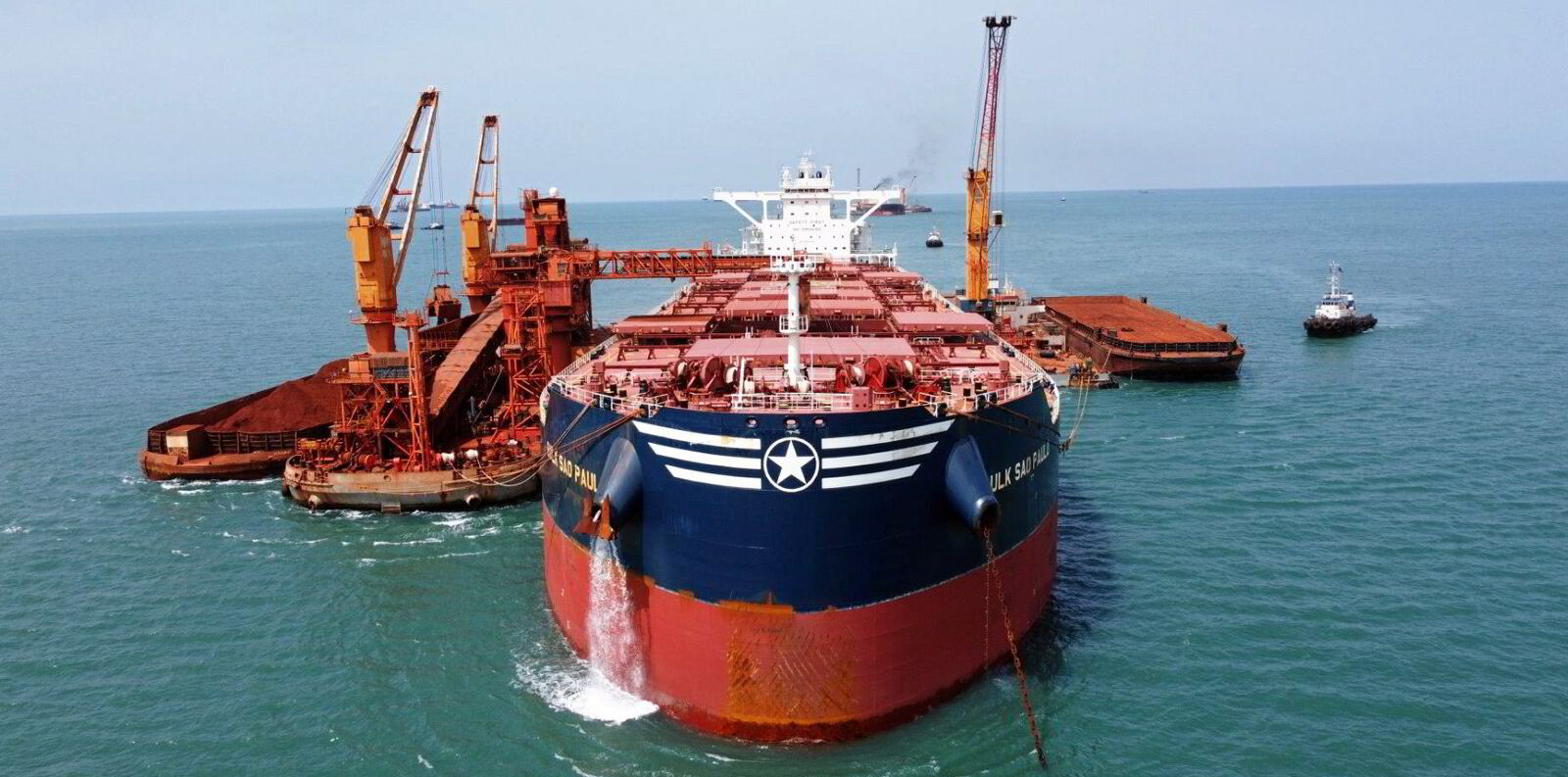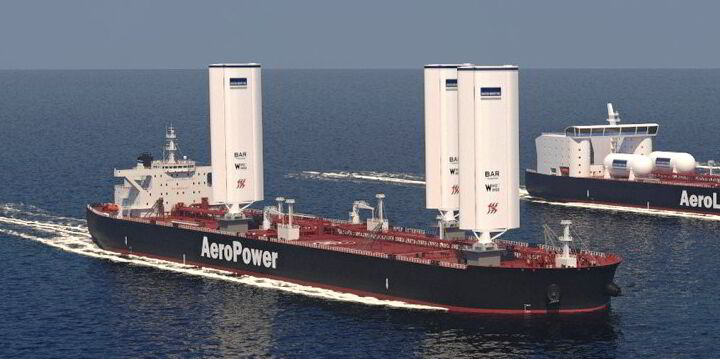Capesize spot rates are on course for a month-long rout as July comes to an end, sinking to their lowest in four months.
Baltic Exchange assessments of average capesize rates have fallen by 33% since the month began, on the back of low cargo volumes relative to lengthening tonnage lists.
The weighted average of spot rates across five key capesize routes fell by a further $265 on Monday to $21,411 per day.
The basket assessment has fallen more or less steadily since the beginning of the month, sliding from $32,248 per day on 2 July, which was a near four-month high.
Spot rates fell on individual benchmark routes by a few hundred dollars or so on Monday.
Rates for the iron ore voyage from Western Australia to China stayed static at $9.52 per tonne.
Last week the month-long rout gathered pace as average capesize spot rates fell by 7%.
“The Atlantic saw significant fixing activity, particularly from South Brazil to China, but an oversupply of tonnage in ballast and weakening demand led to a softening trend,” the Baltic Exchange said in its weekly market report on Friday.
“There were some signs of potential improvement in the North Atlantic with new cargoes being noted, but the overall sentiment remained bearish.”
Enquiries saw a slight uptick in the Pacific at the end of the week, despite disruptions from Typhoon Gaemi, according to brokers’ reports.
Volumes from Australia have been low, but major mining firms are back in the market looking for loading dates during the first half of August. Operators have also been active in the market.
Average earnings for coal voyages between Bolivar in Colombia to Rotterdam, Netherlands, were 29% lower on Friday than they were a week earlier, according to estimates by Clarksons Research.
Clarksons estimated average earnings on the route at $17,652 per day on Friday, on a time-charter basis.
Clarksons’ assessments of average vessel earningsfor Brazilian iron ore and Guinean bauxite bound for China were both 10% lower on Friday than the previous week.
Things are looking slightly better in the Pacific.
Average earnings for vessels carrying Australian coal from Hay Point to Qingdao were 8% lower on Friday than a week previously, and 5% lower for China-bound iron ore from Dampier, according to Clarksons’ estimates.
Tiered market
Bunker market economics mean that more efficient vessels that are able to run on heavy fuel oil can currently earn just over one-third more than older vessels without scrubbers, which must run on very low-sulphur fuel oil.
A 2010-built capesize would see average earnings of $19,794 per day as of Friday, but the same vessel fitted with scrubbers could expect to almost 13% more at $22,283 per day, according to Clarksons.
The highest earners continue to be eco-type, scrubber-fitted capesizes, which could expect to earn $26,597 per day in Friday’s market.





